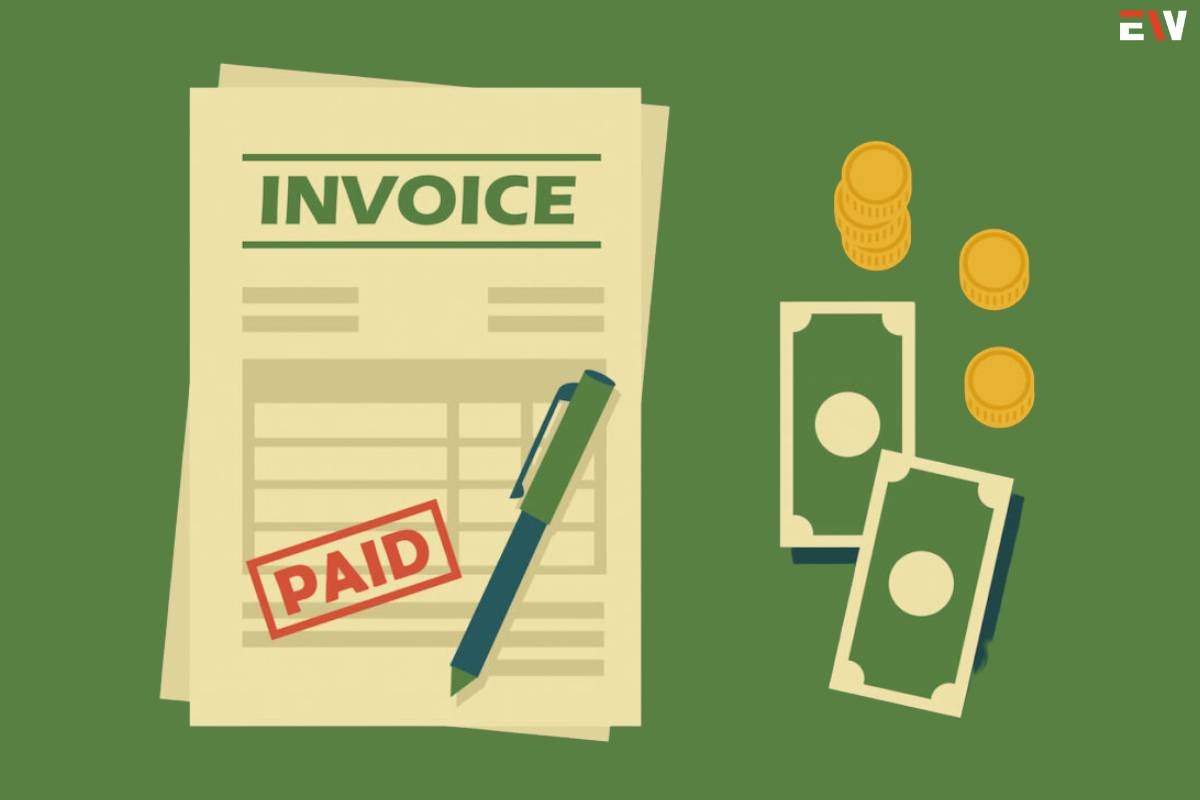When you’re launching a new business, one of the most vital things is having enough money. Starting a business is thrilling, but it also brings opportunities and difficulties. To get your business up and running and help it grow, you need business funding resources. It might seem like a big task, but there are various ways for entrepreneurs to secure the money they require. In this guide, we’ll discuss methods for obtaining the financial support you need to turn your business idea into a real-life venture. By exploring these options, you’ll gain the knowledge and confidence to make informed decisions about how to fund your business effectively, no matter how daunting it may initially appear.
Explore the best business funding resources;
1. Personal Savings:
Your personal savings represent one of the most readily available resources for funding your new business. Many entrepreneurs use their savings to kickstart their ventures, demonstrating their commitment to the project and reducing the need for external financing. However, this approach may come with personal financial risks, so careful planning and risk assessment are essential.
2. Friends and Family:

Leveraging support from friends and family is another common resource for funding a new business. These individuals may be more willing to invest in your vision and provide startup capital. However, mixing personal relationships with business can be complex, so it’s crucial to establish clear terms and expectations to avoid potential conflicts down the road.
3. Angel Investors:
Angel investors are individuals with high-net-worth who are willing to provide financial backing to promising startups. They often offer not only capital but also valuable expertise, connections, and mentorship. Finding the right angel investor can be a game-changer for your business.
4. Venture Capital:
Venture capital firms specialize in providing funding to early-stage startups with high growth potential. They typically invest in exchange for equity, giving them a stake in your business. While venture capital can offer substantial resource of funding, it often involves giving up a degree of control and ownership.
5. Small Business Loans:
Government agencies and financial institutions offer small business loans, providing entrepreneurs with access to capital. These loans can be used for various business purposes, such as startup costs, working capital, or expansion. Interest rates and terms can vary, so it’s essential to research and compare options.
6. Crowdfunding:
In recent years, crowdfunding has gained popularity as an innovative way to secure resource of funding for your new business. Online platforms like Kickstarter and Indiegogo allow you to present your business idea to a wide audience, and interested individuals can contribute funds in exchange for rewards or equity.
7. Grants and Competitions:
Many government agencies, non-profit organizations, and corporations offer grants and competitions for startups. These business funding resources can provide a significant financial boost without the need for repayment. Research opportunities relevant to your industry and apply strategically.
8. Bootstrapping:
Bootstrapping involves building and growing your business with minimal external funding. Instead, you rely on revenue generated by the business itself to cover expenses and fuel growth. While this approach requires careful financial management, it allows you to retain full control and ownership of your company.
9. Strategic Partnerships:
Consider forming strategic partnerships with established companies that share a mutual interest in your business’s success. These partners may provide business funding resources, or access to a broader customer base in exchange for a mutually beneficial relationship.
10. Business Incubators and Accelerators:
Business incubators and accelerators are like educational training camps for early-stage startups. Think of them as specialized schools that cater to new businesses, helping them grow and thrive.
Imagine you have a brilliant idea for a tech startup. You’ve developed a prototype of your product, but you’re unsure about the next steps. This is where a business accelerator or incubator can step in.
When you join one of these programs, it’s like enrolling in a school where they not only provide you with money but also offer seasoned experts as your mentors. These mentors have been through the same startup challenges and can guide you through the maze of entrepreneurship.

How to Find Financing Ideas for Business?
The two most important aspects of any business are the idea itself and the needed capital for the same.
11. Microloans:
Microfinance institutions and nonprofit organizations often provide microloans to small businesses. These are smaller loans, typically ranging from a few hundred to a few thousand dollars, and can be an accessible funding option for startups.
12. Business Credit Cards:
Business credit cards can be used to finance small expenses and manage cash flow. They often come with introductory 0% APR periods, which can be helpful for early-stage businesses.

13. Self-directed IRAs:
If you have retirement savings, you can consider using a self-directed Individual Retirement Account (IRA) to invest in your business. This allows you to use your retirement funds without incurring early withdrawal penalties.
14. Strategic Alliances:
Partnering with other businesses in your industry can provide access to capital, business funding resources, and customers. Collaborative efforts and strategic alliances can be mutually beneficial for both parties.
15. Peer-to-Peer Lending:
Online peer-to-peer lending platforms connect borrowers with individual investors willing to lend money. These loans often have competitive interest rates and can be a source of relatively quick funding.
16. Supplier Credit:
Negotiating favorable credit terms with suppliers can help with short-term financing. Some suppliers may offer extended payment terms, allowing you to pay for goods and services after you’ve generated revenue from their use.
17. Equipment Financing:
If your business requires specialized equipment, consider equipment financing. This option allows you to lease or purchase equipment with a structured repayment plan.
18. Invoice Factoring:

If your business provides products or services on credit terms to other businesses, invoice factoring can help you access cash quickly. Factoring companies buy your outstanding invoices at a discount, providing you with immediate funds.
19. Online Lending Platforms:
Various online lending platforms that can be also a resource of funding such as Kabbage and OnDeck, offer business loans with straightforward application processes and quick approval times.
20. Personal Network:
Don’t underestimate the power of your personal network which can also prove to be a great resource of funding. Friends, family, and acquaintances can provide loans or investments to support your business. Be sure to formalize any agreements to avoid misunderstandings.
Conclusion
Thus, getting Business Funding Resources for your new business is a crucial step in making your entrepreneurial dream come true. It might seem hard, but there are many ways to get funds, like your savings, help from friends and family, or from outside sources like investors, loans, crowdfunding, grants, or partnerships. Each way has its benefits and things to think about, so pick the one that fits your business needs and goals. Successful entrepreneurs often use a mix of these options to get the money they need and make their business sustainable and profitable. By exploring these business funding resources and making a good financial plan, you can start your business journey with confidence and boost your chances of success.










